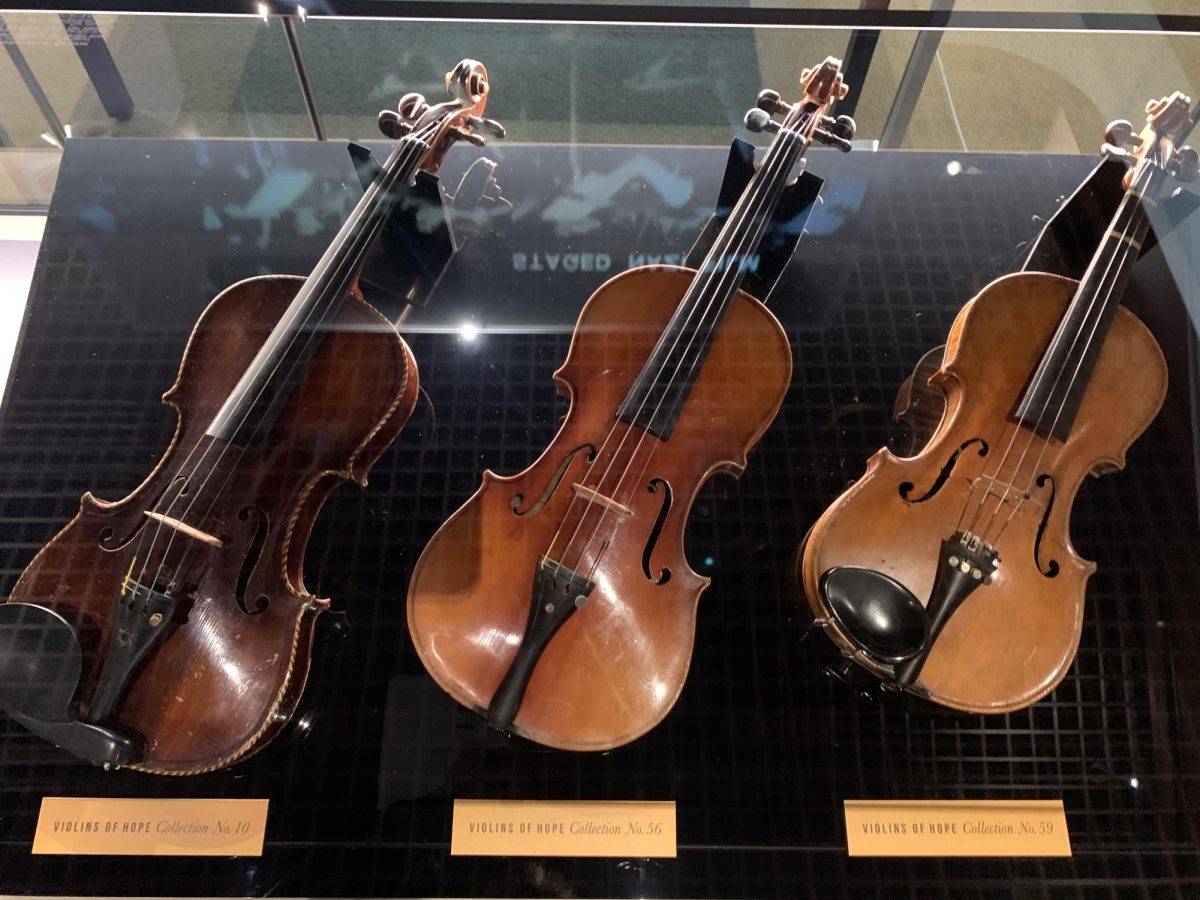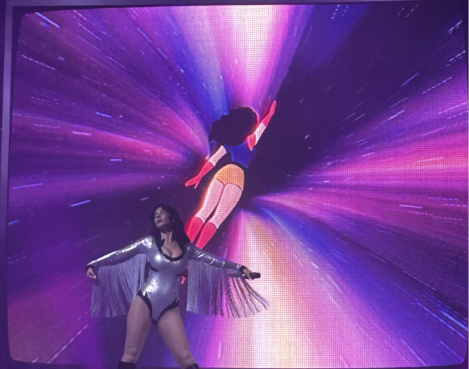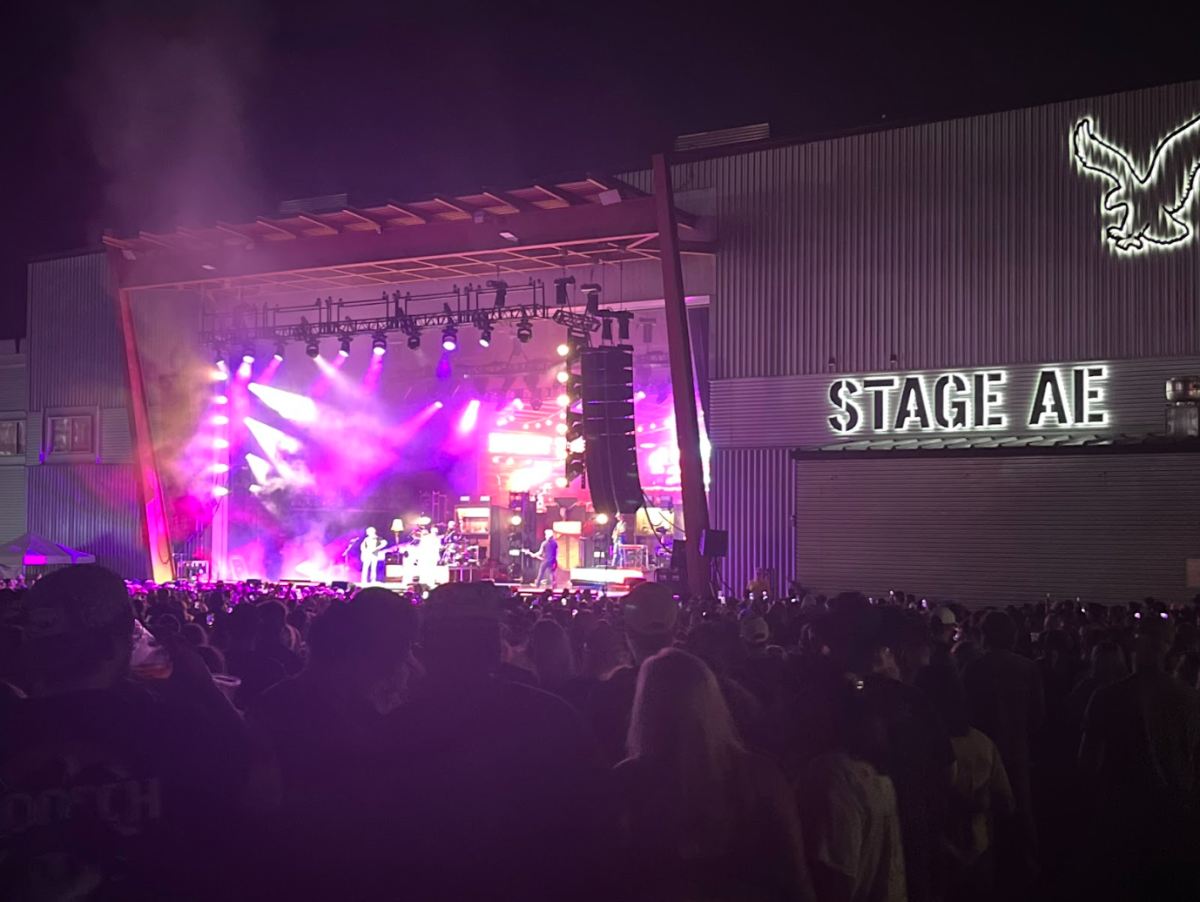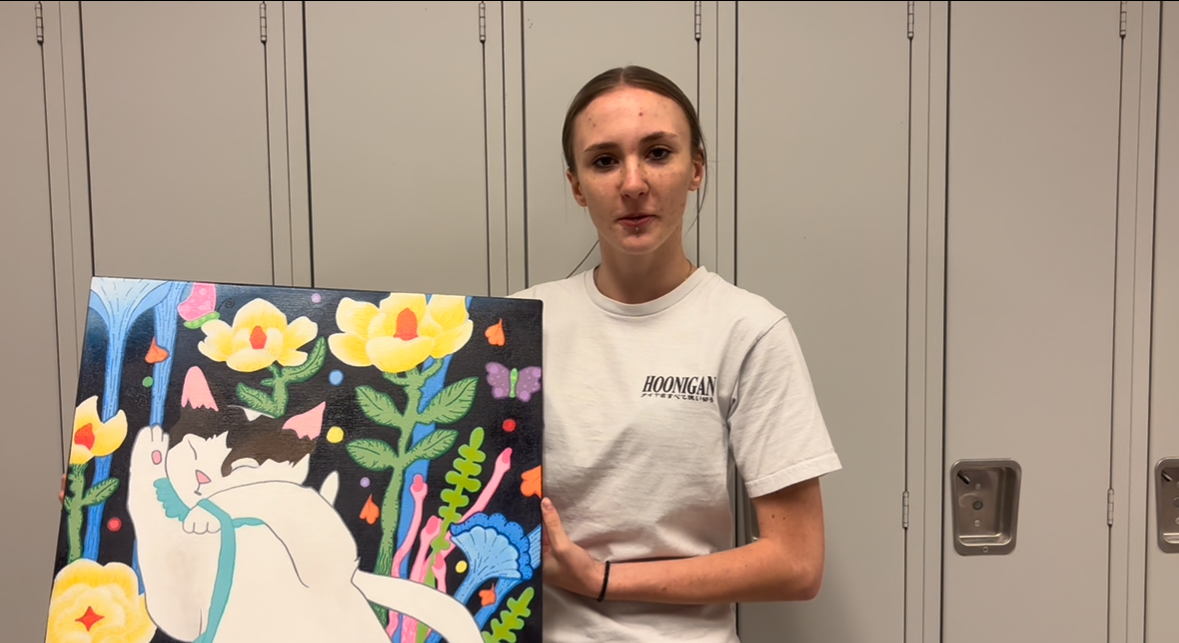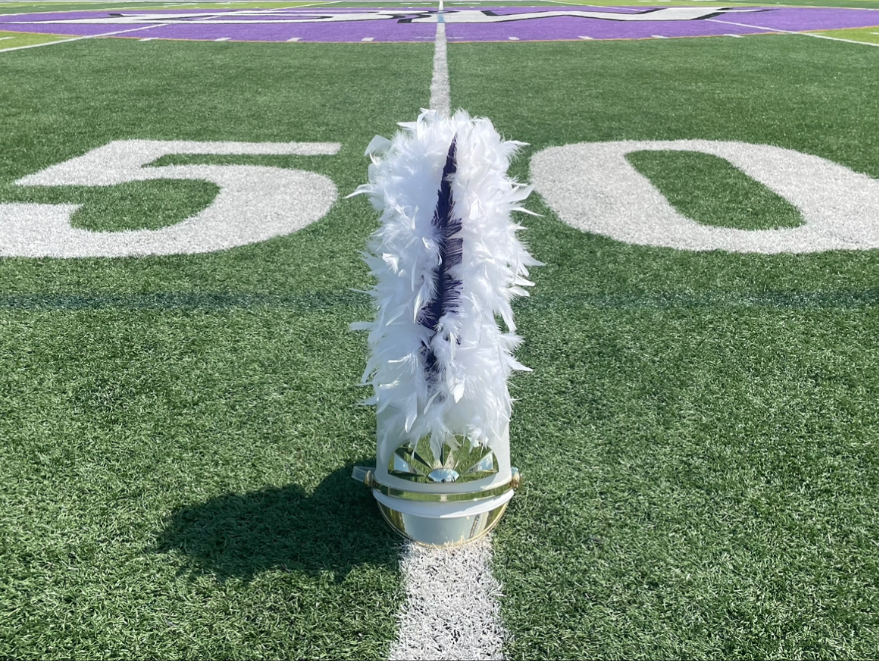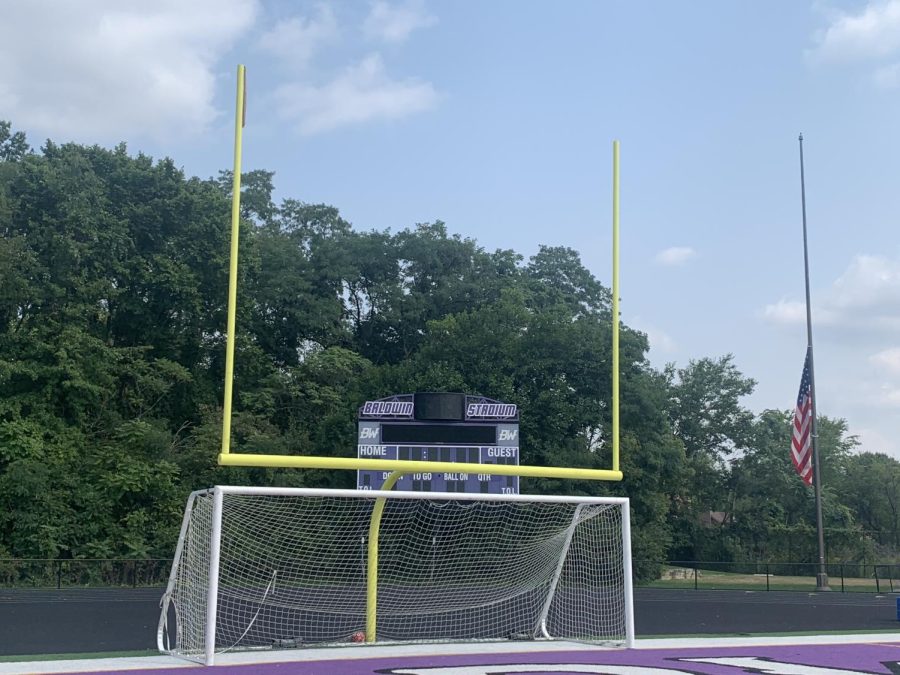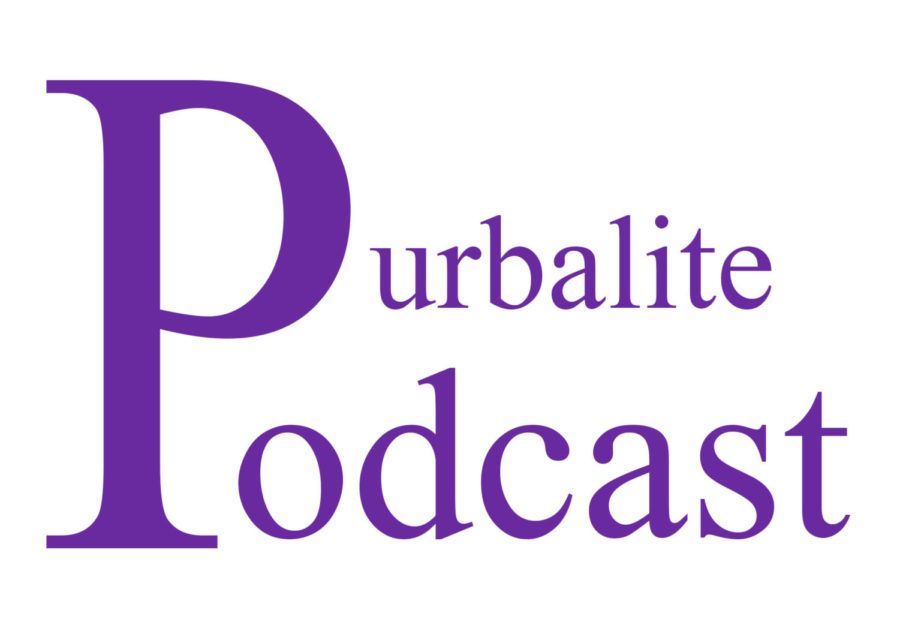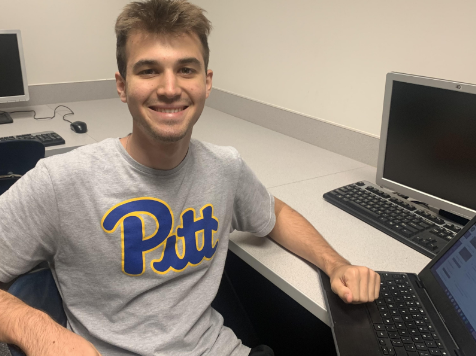There are not many absolutely gut-wrenching and unforgivable stains on the record of humanity that compare to the Holocaust. Words have a difficult time conveying the true atrocities that were committed by Nazi Germany from 1933 to 1945.
A new exhibit at Carnegie Mellon University’s Posner Center is using music, not words, to tell the stories of Jewish musicians during the Holocaust. The exhibit is called Violins of Hope and it runs through Nov. 21 as part of a landmark community project, The Violins of Hope Greater Pittsburgh. The exhibit is free to attend, though tickets must be reserved online.
The Violins of Hope exhibit features many different violins, all previously owned by Jewish musicians during the Holocaust. Some of the violins were hidden to prevent them from being seized by the Nazis; others helped to keep their owners alive, as musicians were favored by Nazi guards and officers for entertainment in the death camps.
The exhibit is a very moving and emotional experience that will lead visitors to reflect on life itself. Walking amongst the many violins, each of which had belonged to someone who had experienced unspeakable horror, leads to a feeling of deep reverence for the Jewish prisoners who fought so hard to survive each day.
These violins bore witness to some of the greatest atrocities mankind has ever committed. They saw Jewish people displaced from their homes, forced into ghettos, and in many instances killed. Now exhibit visitors get to see them – these incredible memorials to those lost.
Everyone should see this exhibit. It really puts into perspective the undeniable tragedy that was the Holocaust.
Each violin serves as a memorial, not only to its owner but to all of the Jewish people who perished. At a time when there is an upward trend of antisemitic incidents and when young adults are forming their political ideologies, it is important to truly understand how horrific the Holocaust actually was and to question how it happened.
Pittsburgh is a city that has witnessed antisemitism firsthand – the worst attack on the Jewish community since the Holocaust happened here – so it is important that the city comes together to support and empathize with our Jewish neighbors.
The last witnesses of the Holocaust are disappearing. People need to learn from the Holocaust now and vow to change the future; this exhibit is a valuable tool for doing this. We need to keep the memories of the Holocaust alive in order to prevent history from repeating itself.

